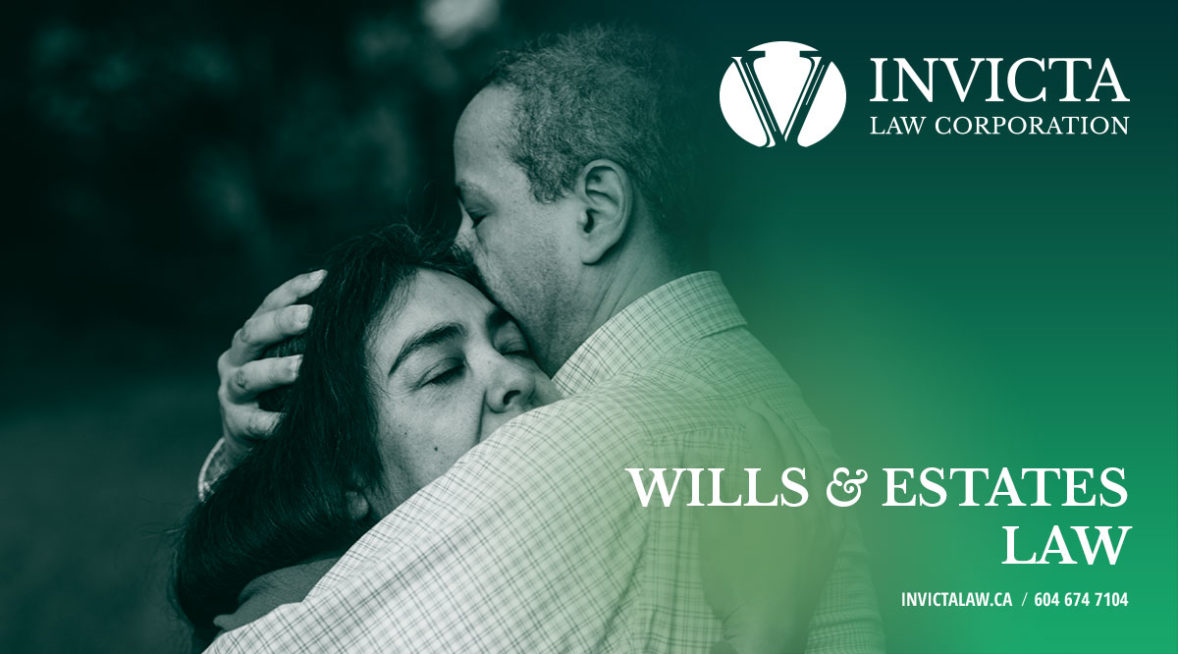A Power of Attorney Lawyer can help prepare you for the event your loved ones need to secure the legal right to manage your affairs. Lawyers are frequently asked about Powers of Attorney such as; what is a Power of Attorney, when will I need one, and who should I appoint? In this article, we will explain BC Powers of Attorney and what happens if you don’t have one in place.
What is a Power of Attorney?
In BC, a Power of Attorney (“POA”) is a legal document that you use to give someone the authority to manage financial and legal affairs on your behalf. The person you appoint is called your attorney. You can’t use a Power of Attorney to give a person the authority to make health care or personal care decisions on your behalf—for that, you need a separate legal document called a “Representation Agreement.”
When will I need a Power of Attorney?
There are two different types of Power of Attorney:
- An “Enduring Power of Attorney” allows you to appoint someone to handle your financial and legal affairs in the event you become mentally incapable. For example, if you lose capacity, an Enduring POA authorizes your attorney to take care of matters such as paying your bills, managing your investments, and dealing with your property. An Enduring POA will not prevent you from managing your own affairs while you are mentally capable of making your own decisions.
- A “Limited Power of Attorney” allows you to appoint someone to handle your financial or legal affairs while you are travelling, ill, injured, or infirm. For example, if you will be out of the country and want to appoint someone to deal with your bank accounts until you return from abroad, the document can contain an end-date or set out the circumstances when the Limited Power of Attorney is to end.
Who should I appoint as my attorney?
Many people choose to appoint their spouse, a relative, or close friend, but you can also ask a professional (e.g., a lawyer or accountant) or a private trust company to be your attorney. You can appoint more than one attorney and specify in the POA whether they must act unanimously or independently when making decisions for you. The most important consideration is trust. A Power of Attorney is a powerful legal document that comes into effect from the moment it is signed, giving the attorney significant power over your money and property. Talk to an experienced power of attorney lawyer about ways to prevent misuse and limit an attorney’s power.
What happens if I don’t have a Power of Attorney?
Suppose you become mentally incapable without a valid Enduring Power of Attorney in place. In that case, the only way for your loved ones to secure the legal right to manage your affairs is by way of a costly application to the Supreme Court of British Columbia for committeeship. The more prudent approach is to consult a power of attorney lawyer today to ensure you are prepared and protected.





